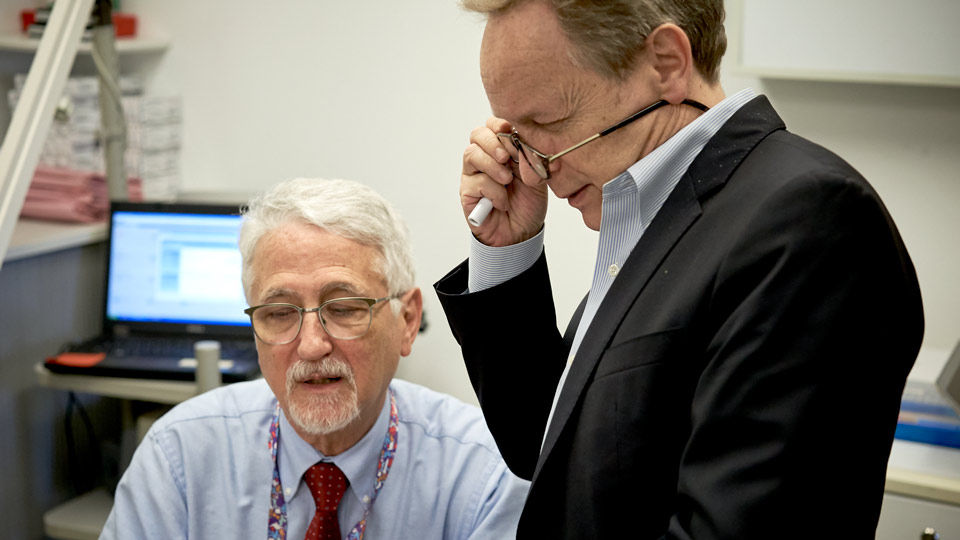-
Specialty CareImaging Services
Our radiology experts offer imaging services from CT and MRI scans to ultrasound and X-ray throughout the New York City area. Learn about our imaging services and how to schedule an appointment.
-
Hospitals
-
Common Categories
-
Visitor Information
Learn more about our visiting hours and policies and how we maintain a safe environment for all.
Main content


